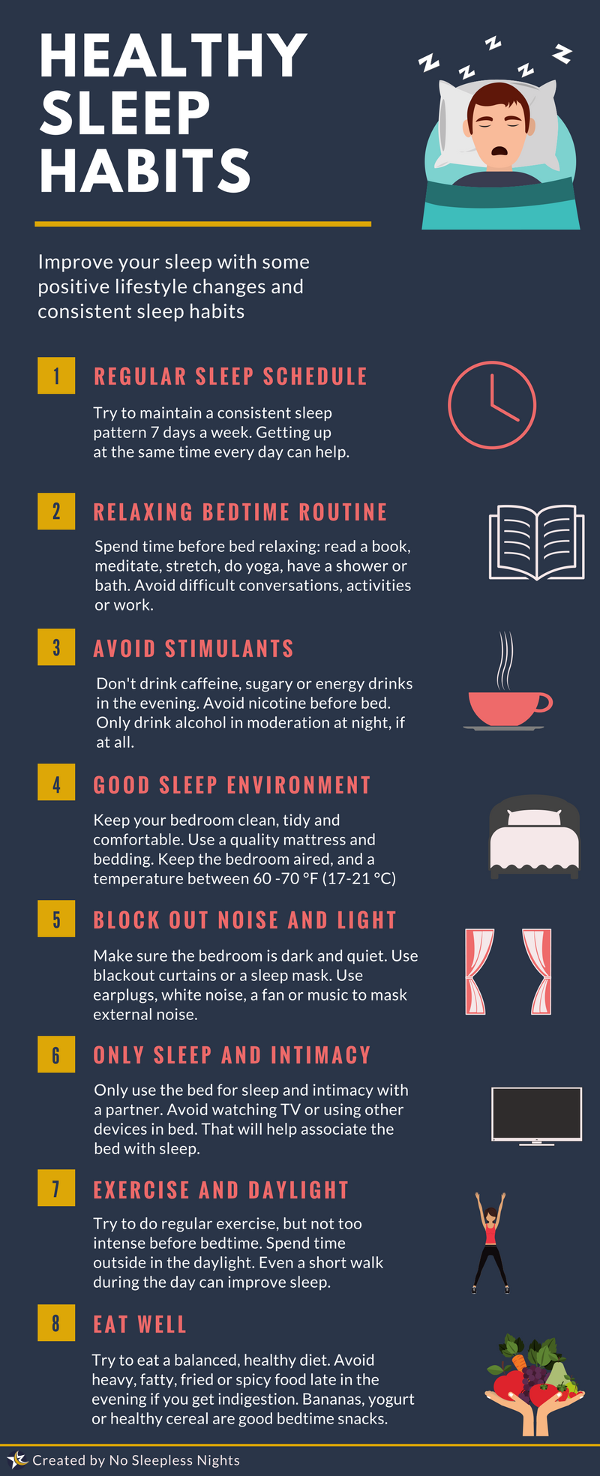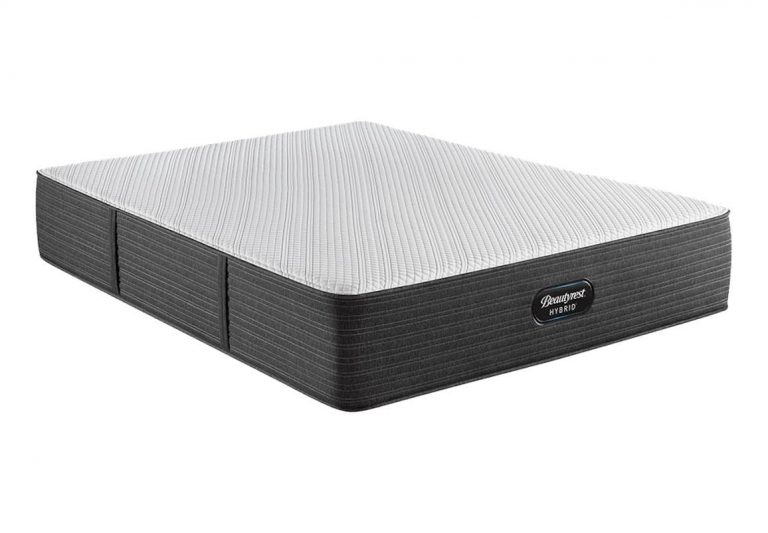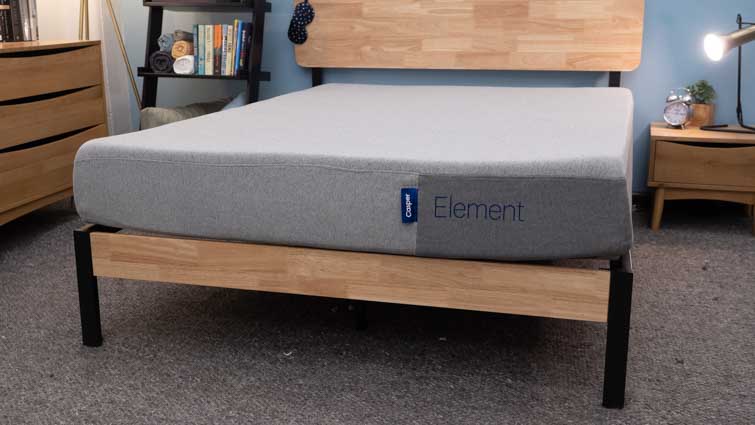
Sleep hygiene has been viewed by many researchers over the last decade or so as one of the most important aspects of good sleep. The goal of sleep hygiene is to reduce sleep disorders and increase daytime sleep. Sleep hygiene has been called “the third sleep miracle”. It has been called by some famous researchers as the sleep regulator. In short, sleep hygiene helps you sleep better at night.

Sleep hygiene is an environmental and behavioral practice developed during the early 1970s as a means to help those with mild to severe insomnia. But since then, the empirical evidence for effective individual recommendations for improving sleep has “been mixed and diffuse”. Still on point, it is clear that good bed and/or bedroom hygiene can keep you from falling asleep in your bedroom, which increases your chances of falling asleep during the entire night.
The most common recommendation for good sleep hygiene is to get a warm bath and use the soonest time after lunch to take a long bath, which allows your body time to relax and your mind to rest. Another recommended practice is to have a consistent bedtime routine, which means following a similar routine each night as opposed to having a random bedtime. Following a bedtime routine is also helpful because it helps you avoid becoming distracted by thoughts about your day and the activities of the day. Also, sleeping in on the same schedule every night decreases the amount of stress you experience and prepares your body and mind for sleep.
Following the aforementioned sleep hygiene regimen also provides a helpful routine for falling asleep. For example, if you follow the same routine every night, you’ll be less likely to snack between bedtime and when you wake up in the morning. Snacking before bedtime can lead to more waking up in the middle of the night and even more tossing and turning because you won’t be feeling the effects of any food at all. By getting a couple of hours of uninterrupted sleep each night, your body and mind will be more relaxed and less likely to feel a strong need to snack to get you going in the morning.
Getting a consistent sleep schedule is just as important as taking a warm bath or using a warm heating pad before bed. Having a consistent sleep schedule helps you relax so that you are less likely to toss and turn during the night. Both your tossing and turning and the feeling that you can’t get enough sleep are signs that your body isn’t as rested as it could be, so you must give your body adequate time to rest in order to wake up rejuvenated.
A good sleep hygiene routine includes getting plenty of sleep each night and making sure that you don’t skip your sleep cycle. Our bodies enter into the dream state several times each night and dream simply for the fun of it. When we wake up, however, our body is so used to being in this dream state that we may not be able to get back to our normal sleep cycle. A good way to make sure you go to sleep and wake up on time is to establish a sleep timetable. Establishing a regular sleep timetable is important in other ways as well; not only will it help you get the restorative sleep you need, but it will also help you maintain good sleep hygiene habits. Making sure you get 8 hours of sleep every night and maintaining a consistent sleep timetable will keep you on track toward having a restful night’s sleep.
Keeping your energy levels up, is another factor in having a good night’s sleep. If you are feeling sleepy during the day, your energy levels can swing out of control and you can wind up waking up in the early morning just barely awake. Keeping your energy levels high during the day, even when you’re not sleepy, will allow you to get more sleep at night by keeping your energy levels constant throughout the night. Getting a consistent amount of healthy sleep hygiene habits, including getting the recommended number of hours of sleep every night, will allow you to maintain a good energy level through the night and to better fall asleep quickly at night. Maintaining good sleep hygiene is important for energy levels as well; a lack of sleep can lead to weight gain, stress, poor concentration, and other physical problems.
Allowing yourself the time to establish good habits, like getting enough sleep and eating a healthy meal each day, will set you up for a successful transition into nighttime. If you have any worries about making these changes, do not push yourself too hard; giving yourself some time to adapt will make the adjustment much easier. A healthy lifestyle, including regular exercise, eating healthy foods, getting sufficient sleep and maintaining a consistent bedtime routine will benefit you in many ways; not only will you feel better but you will live longer. Sleep hygiene is an important habit that can set you up for a successful and happy transition into nighttime.







